The durability of silver, as well as its effective shine, have lead many people to be fascinated by this precious metal for centuries. However, silver has one disadvantage, in that it easily tarnishes when exposed to air. This is due to the fact that the sulfur in the atmosphere reacts with silver atoms, forming a thin layer of silver sulfide. The dark colour of this film or coating makes the silver lose its shine.

The durability of silver, as well as its effective shine, have lead many people to be fascinated by this precious metal for centuries. However, silver has one disadvantage, in that it easily tarnishes when exposed to air. This is due to the fact that the sulfur in the atmosphere reacts with silver atoms, forming a thin layer of silver sulfide. The dark colour of this film or coating makes the silver lose its shine.
And to make things worse, with time the layer gets thicker, making it more difficult to remove. Cleaning silver using products such as polishing paste may bring some partial results. However, they are only short term, as the paste also rubs through a part of the surface of the silver, which in the long run can make it tarnish and even rust. A much better solution is to reverse the chemical reaction that produced the silver sulfide in the first place.
Removing deposits with conventional chemical cleaners is not only expensive, but also time consuming, which is why we have prepared this detailed guide on how to look after your silver. Find out how to clean your silver at home.
Cleaning silver at home
Silver cutlery or tableware, although not necessarily present in all households, are an effective way to decorate your home, and often used for special occasions. Silver jewellery, on the other hand, is much more common. Regardless of the type of silver items you have, you should try to take care of them from the very beginning, and not allow visible residues to build up on the silver coating.
Systematically looking after your silverware will keep it shiny for much longer, preventing the formation of a dark film that takes away the shine. You can also influence the frequency with which your silver will need to be cleaned. Appropriate storage is important in this case. You’ve probably noticed that silver cutlery is usually sold in large boxes with a soft fabric interior. In addition, each element is kept separately.
As a result, there is no contact between the items, preventing damage to their surface. On top of that, the delicate interior limits the access of dust and sulfur-polluted air, which causes the appearance of the dark film. This is a perfect example of how you should take care of your silver items and jewellery. However, if you are not able to provide such conditions of storage, not all is lost. There are proven and effective ways to clean silver.
How to clean silver
You now know that silver should be stored without access to light, preferably in a wooden box. You can wrap silver in a soft material such as velvet or flannel. However, even using these methods, you will still need to clean your silver from time to time. Fortunately, cleaning silver at home is quite simple.
The most popular method is using toothpaste and a toothbrush. However, be careful here not to scratch the surface of the item being cleaned. It’s therefore best to avoid whitening toothpastes containing abrasive particles, and try to find a toothbrush with as soft bristles as possible. When ready, use the toothbrush to apply the toothpaste to the silver, and after about fifteen minutes, rinse thoroughly. After the silver has dried off, you can polish it to a beautiful shine.
Another method of cleaning silver is a little more difficult. However, it is widely considered to be one of the most effective. You will need a glass dish, tin foil, 2 glasses of hot water, half a glass of vinegar, 2 tablespoons of table salt and 2 teaspoons of baking soda. Line the glass dish with the tin foil (the shiny side out), pour in the water mixed with the other ingredients, and then put the silver items into it. Keep them in the water until it turns cool. The silver will then be cleaned. The aluminum foil will soak in the dark film, meaning we simply have to wipe and polish the silver to obtain a bright shine.
The third method is cleaning silver with vinegar and baking soda. To do this, prepare a mixture of 1 litre of water, 1 tablespoon of vinegar and 1 tablespoon of baking soda. Pour the ingredients into a glass dish and mix thoroughly. Then leave the silver items in the water for about 15 minutes before taking them out, then rinse, dry and polish them until they shine. Alternatively you can manage without using vinegar. To do so, however, you will need hot water and a whole package of baking soda.
Yet another method of cleaning silver is using cigarette ash. Mix it with some lemon juice, and you will receive a mixture with the consistency of passata. Rub it onto the tarnished silver items and then clean it off using e.g. a piece of cotton. An equally easy method is soaking the silver in curdled milk. After 30 minutes, you can remove, rinse and polish the silver.
And here is a good method if your silver is just starting to turn slightly darker. What should you use is this case? The best combination is natural soap and lemon juice. You also need a bowl with warm water. Squeeze half a lemon into the bowl, together with the natural soap. Then put the silver items into the bowl for about 15 minutes, before taking them out and simply drying and then polishing them off.
The last suggestion for cleaning silver at home is using potato water. Put your silver items in the water for 20 to 30 minutes, then, after rinsing, polish them with a delicate cloth. You can also use the potatoes themselves. Cut them in half and rub them on the dirty silver. This will ensure a glossy and smooth surface.
Ultrasonic silver cleaning
Despite all the above ideas for cleaning silver at home, sometimes it’s better to use the services of a professional. There are various reasons for doing so, such as the fear of damaging valuable memorabilia, or just simply a lack of time. In such cases a jewellery shop offering silver cleaning services will come in handy. Most of them have professional equipment such as ultrasonic cleaners that can easily clean even the most stubborn deposits.
Ultrasonic cleaners uses cavitation bubbles induced by high frequency pressure, which, when imploded, generate a shock wave. The wave then removes all the dirt, even that most stubborn – the film coating on the surface as a result of the reaction with sulfur in the atmosphere. Although the description may sound complicated, the process is very gentle and works great on very delicate items. So sometimes ultrasonic cleaning can be the best solution.
Cleaning silver jewellery: does coca cola clean silver?
Silver jewellery is the most common type of jewellery, and nearly everyone has something made of silver at home. Following the above tips, you now know how to clean silver in general, but what about silver chains, rings or earrings, and how can you make them keep their natural shine for as long as possible? Read on to find out. Stick to the below methods and cleaning silver jewellery will be much easier.
When wearing silver jewellery always remember to avoid contact with household chemicals, as well as items containing sulfur (e.g. wool, latex). It’s important to remove your silver jewellery before doing any cleaning work at home. Also remember to put on silver jewellery last, because cosmetics can also influence the darkening process. Silver should also not be exposed to long-term sunlight.
Of course, even following all the above rules, from time to time you will still need to clean your silver jewellery. There is one home method of cleaning jewellery that we have left out so far, because it is recommended for removing deposits from jewellery with sophisticated shapes, grooves and holes.
This method involves soaking the silver in a dish full of Coca-Cola or spirit. Soak the jewellery in one of the above liquids for no more than 12 hours. The coke or spirit will perfectly penetrate all the recesses, removing deposits and dirt that would otherwise be difficult to reach.
But remember one thing! Do not use metal bowls when cleaning silver jewellery (or any other silver products). Only use plastic or glass. Additionally, remember never to immerse items with decorative elements, such as stones, in any cleaning mixture. You should only clean the bits of jewellery that have tarnished silver. In case of any doubt, then it’s probably best to go to a jeweller to clean your jewellery with ultrasonic cleaning.
How to clean a silver chain
Silver chains are by far the most popular items of jewellery, and are worn by both men and women. Such jewellery items usually don’t have any additional decorations, such as precious stones, you can use the previously mentioned methods of cleaning silver at home.
How to clean silver earrings
Silver earrings, on the other hand, very often have additional decorative elements. In such cases remember never to immerse such jewellery in any cleaning mixtures. Wipe the dirty bits we want to clean with a delicate cloth soaked in the chosen cleaning liquid. If this does not work, then it’s best to take the jewellery to a specialist for cleaning.
How to clean a silver ring
As in the case of earrings, silver rings are also often decorated with precious stones, so you should stick to the previous cleaning suggestions in this case as well. A silver ring without additional decorative elements can of course be cleaned using one of the previously mentioned methods, but if it has precious stones, then you should clean it without soaking, or take it to a jeweller for professional cleaning.
Cleaning silver – summary
Knowing how to clean silver at home can be very useful, because silver, due to its chemical properties, reacts with the sulfur present in the atmosphere. This causes a layer of film to appear on the silver that needs to be removed from time to time. Whether jewellery, family memorabilia or silver cutlery for special occasions, they all lose their special charm when they start to darken. If you found this guide interesting, then also check out our guide to cleaning gold at home.
Interestingly enough, this problem did not exist two centuries ago, but the development of civilization has its consequences. One of the most negative effects on the planet is heavy pollution. Poisonous fumes from factories and manufacturing plants have a negative effect not only on our health, but are also responsible for many things that did not exist before. One of them is the oxidation of silver. As recently as 200 years ago, the issue of a black or grey layer of film on ancestral silver (tarnished silver) did not exist.


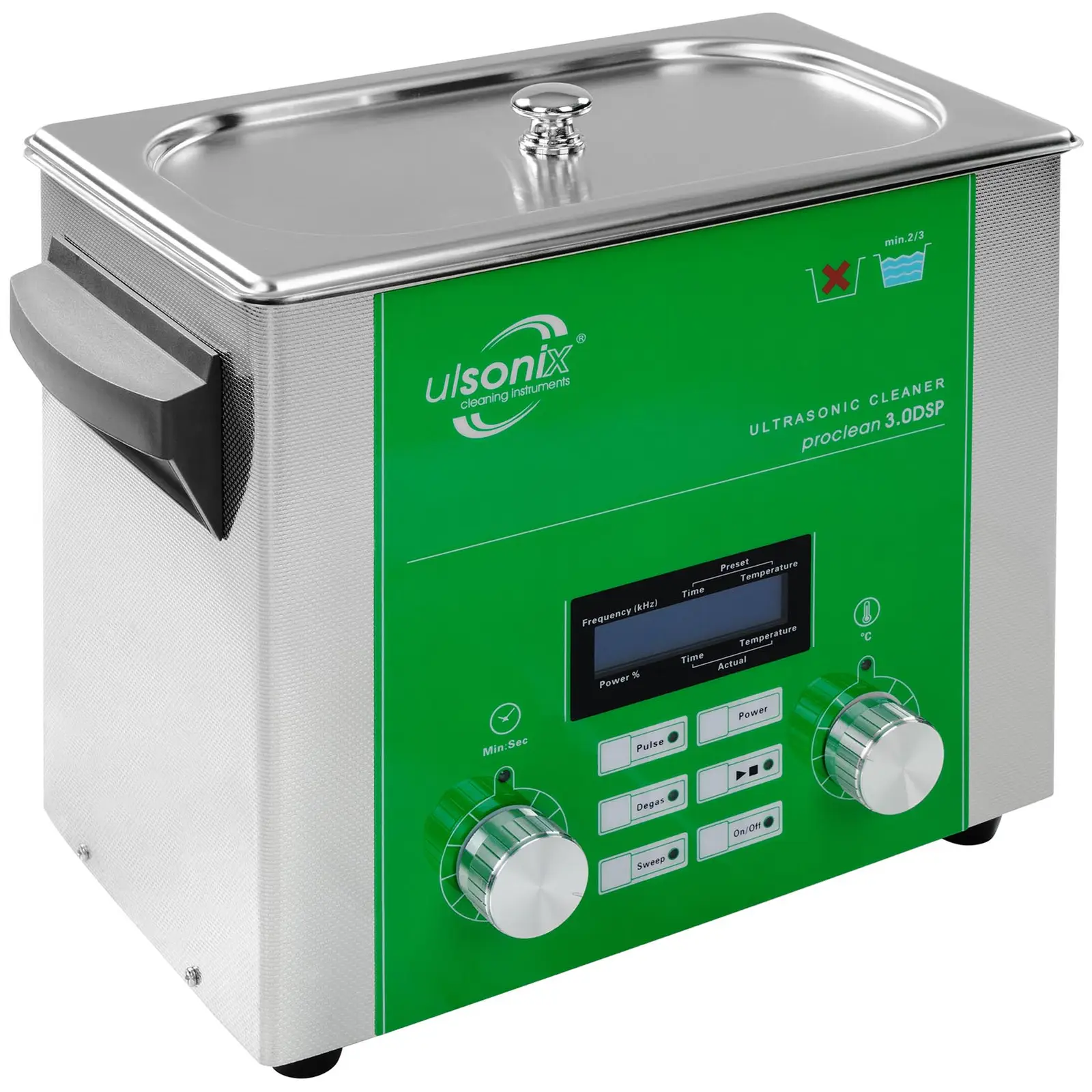
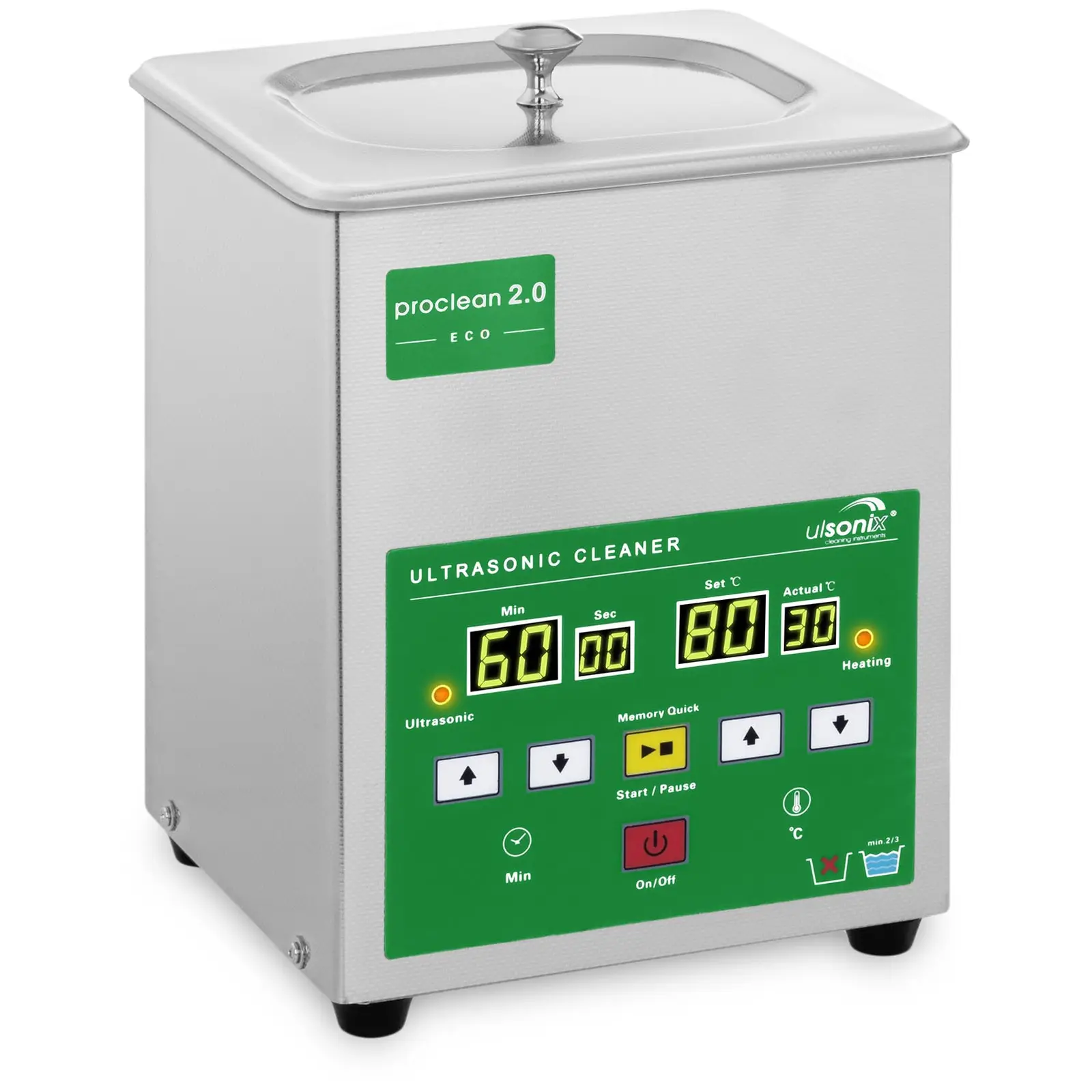
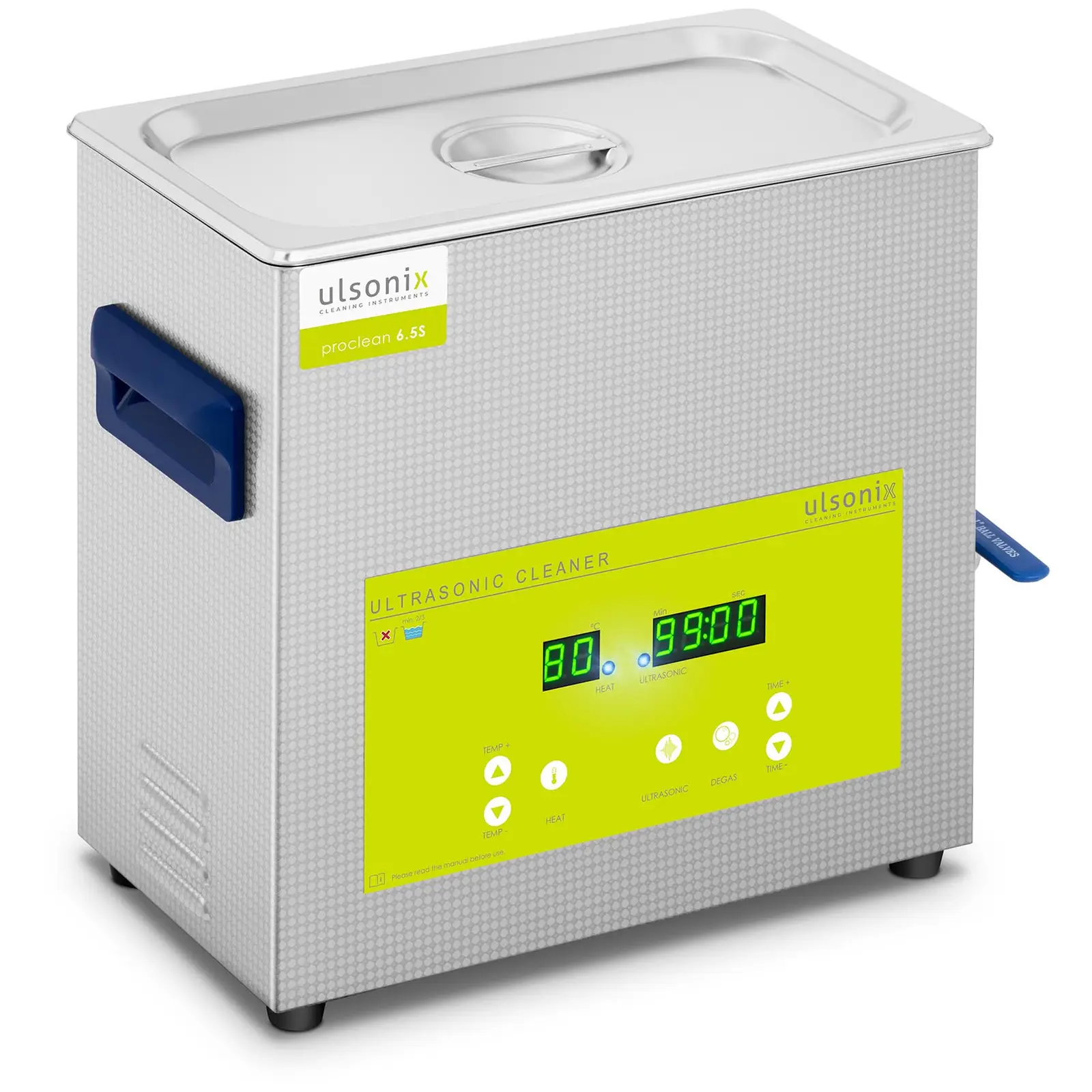
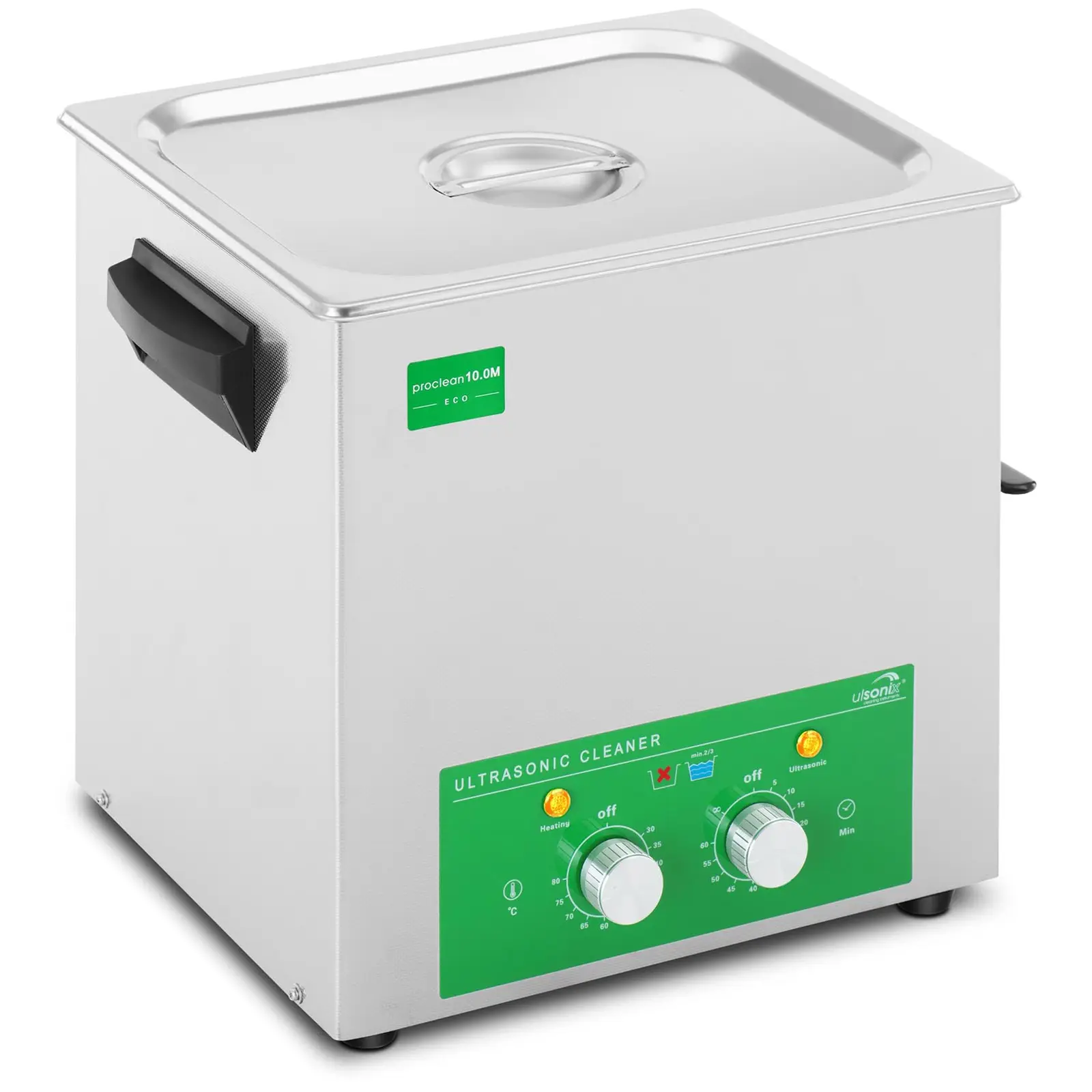
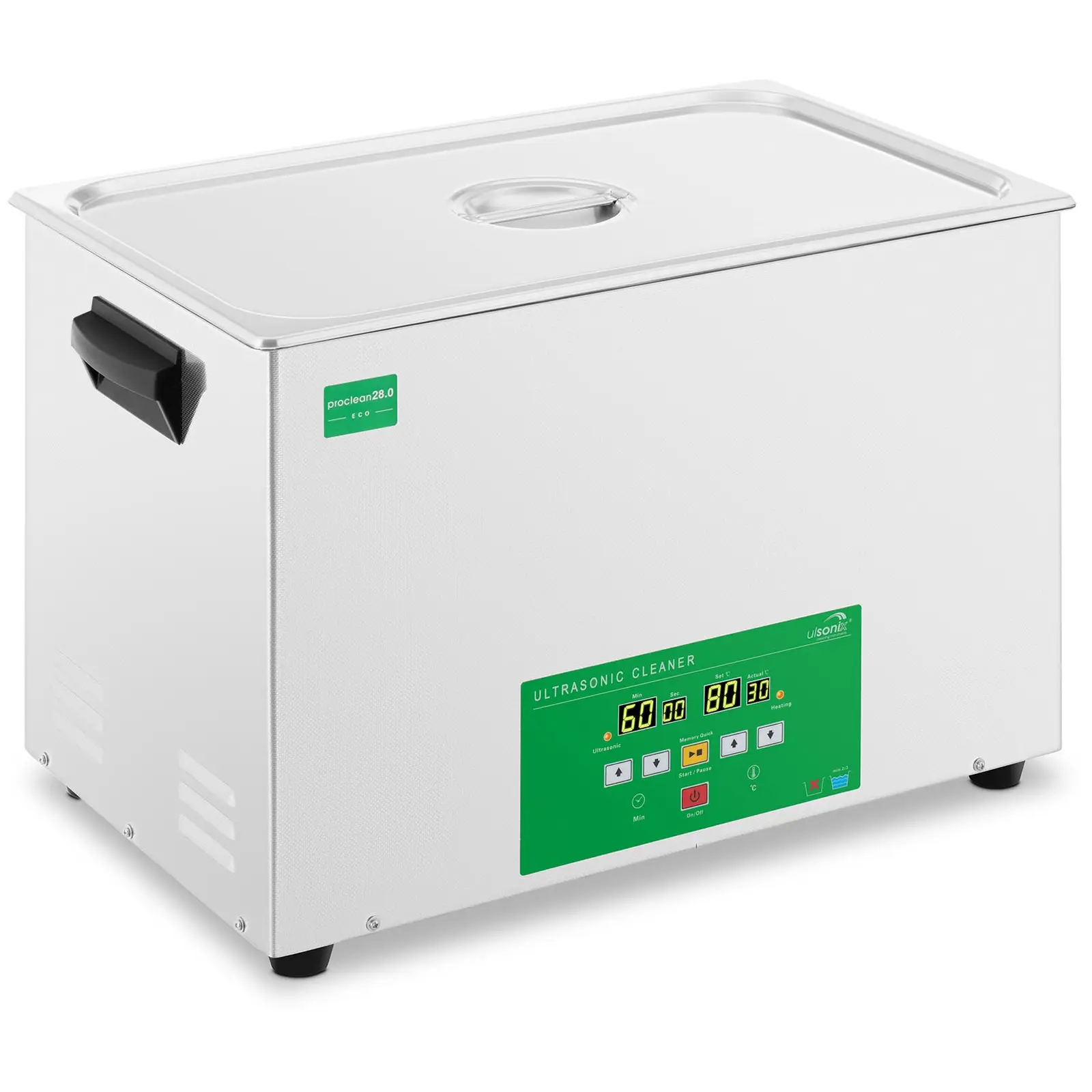
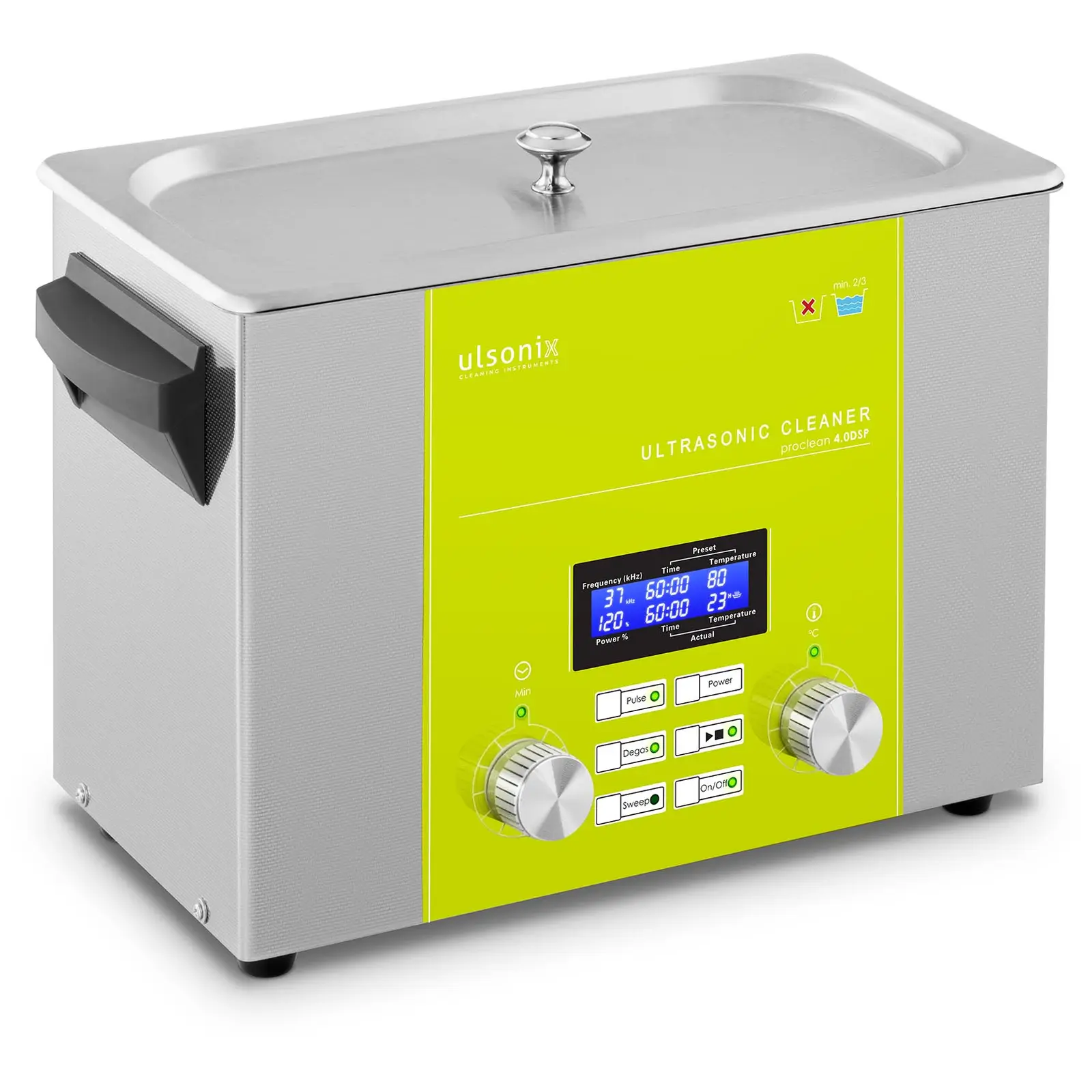
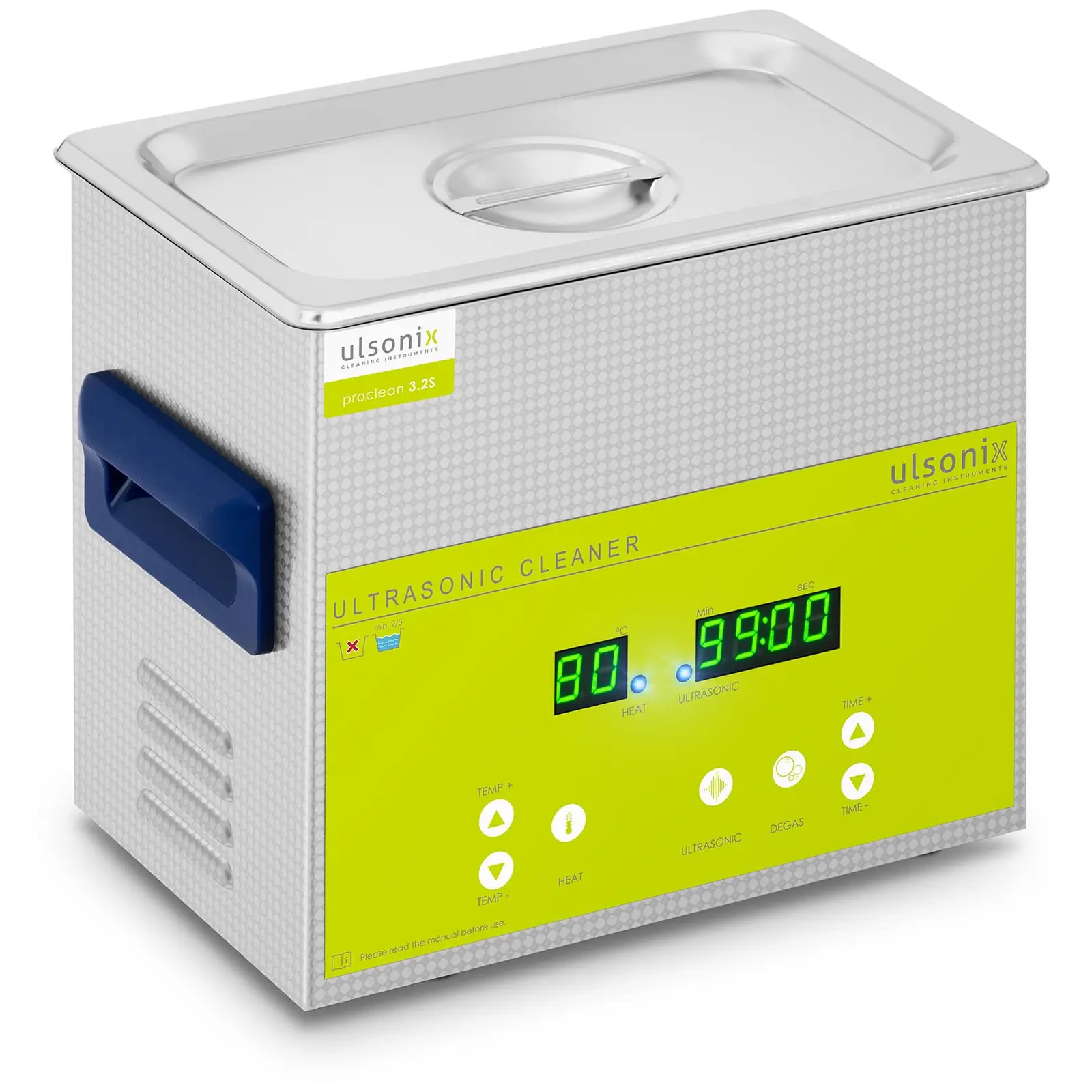
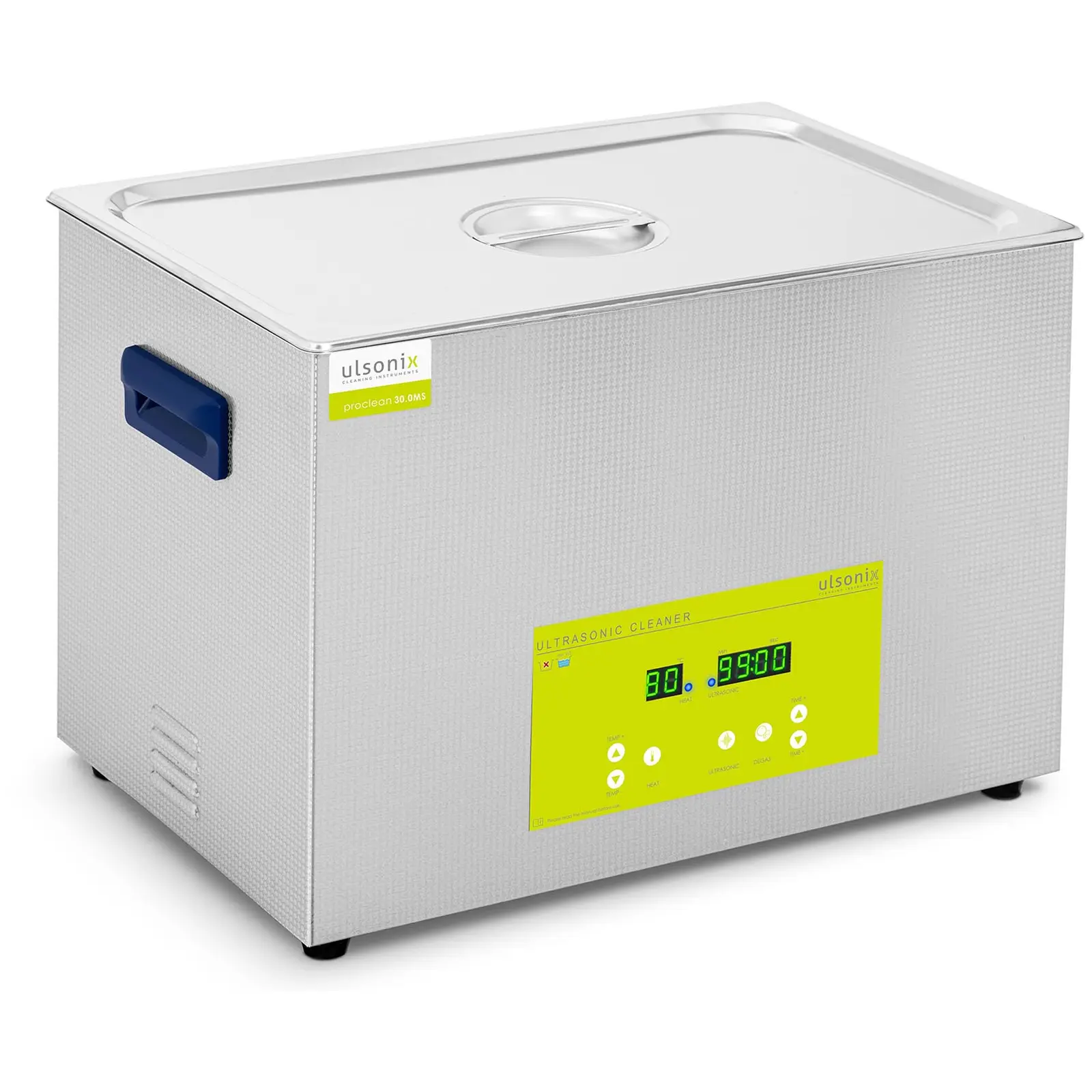
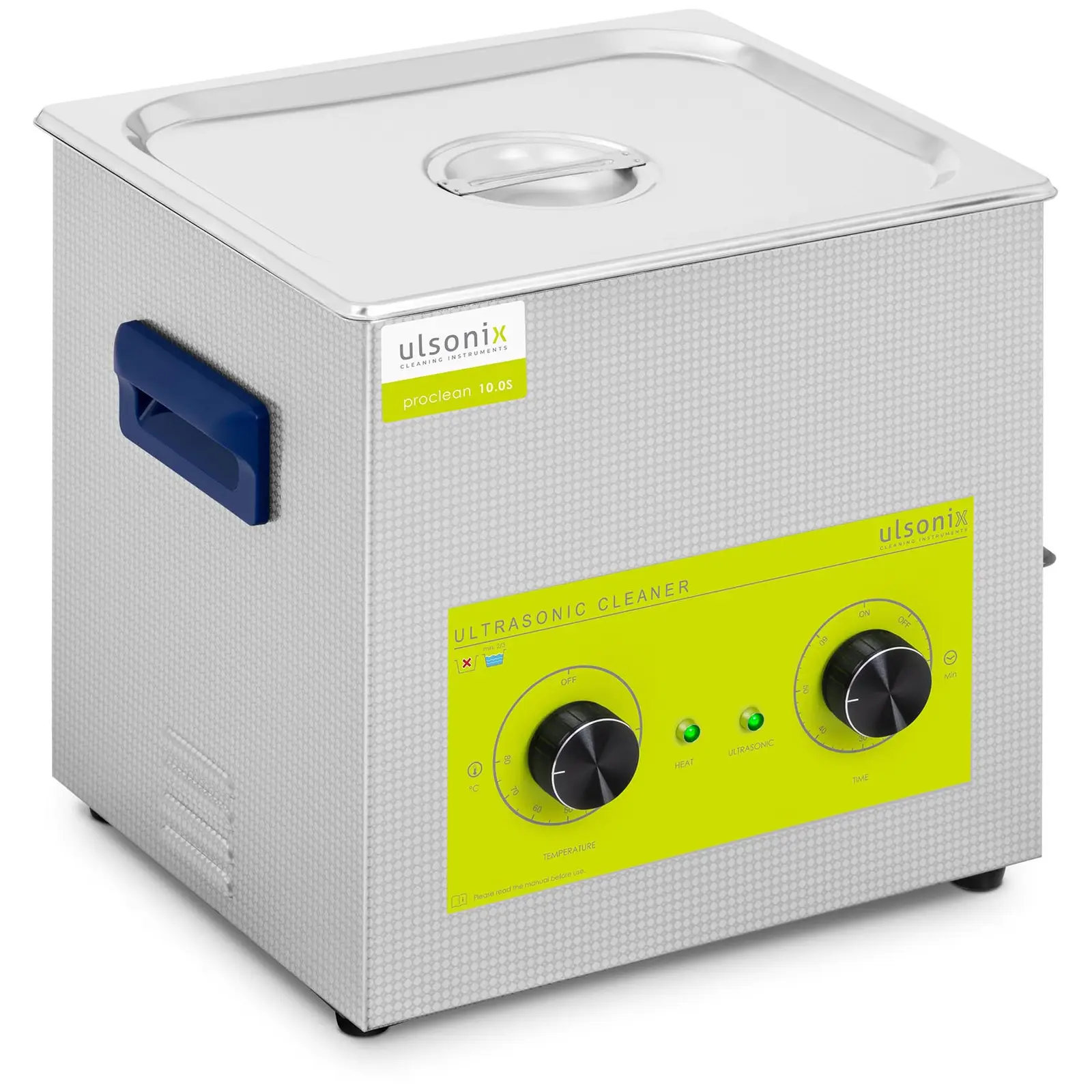
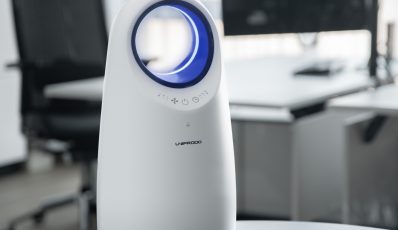
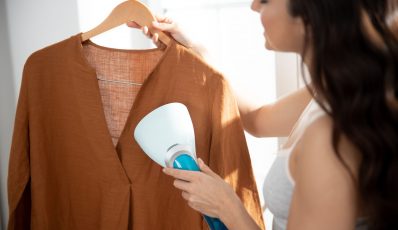

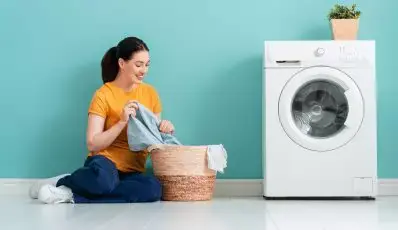

Share